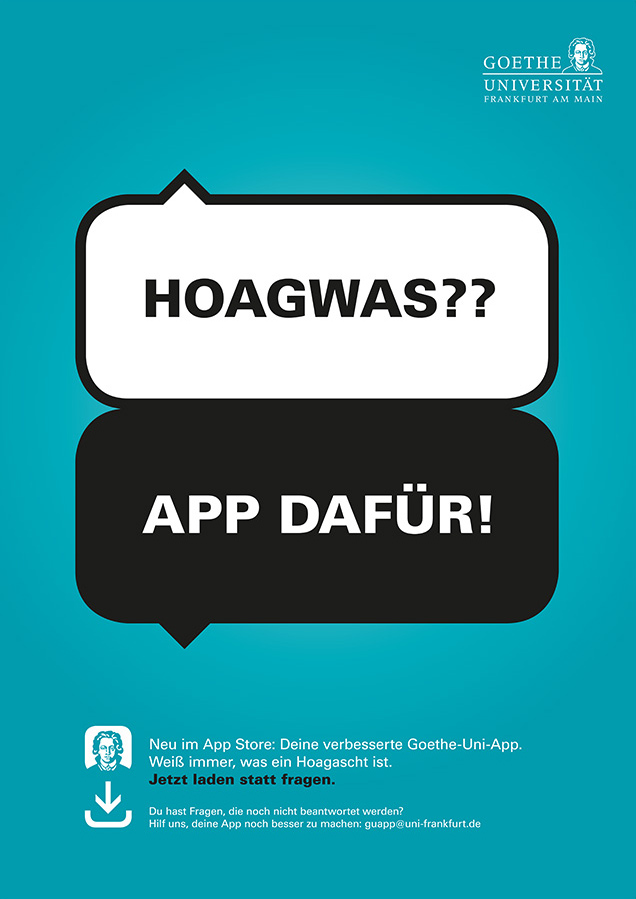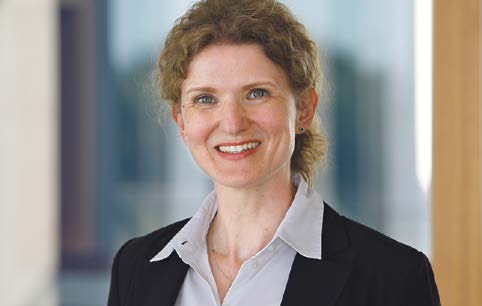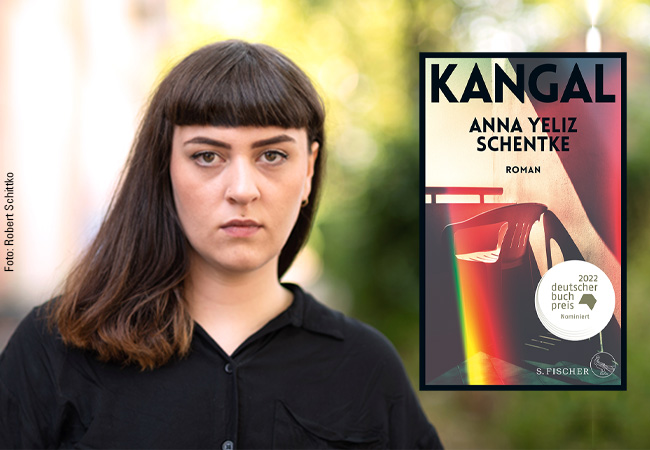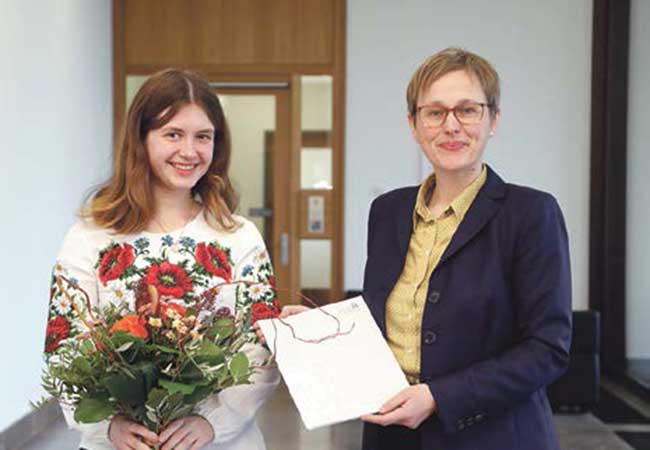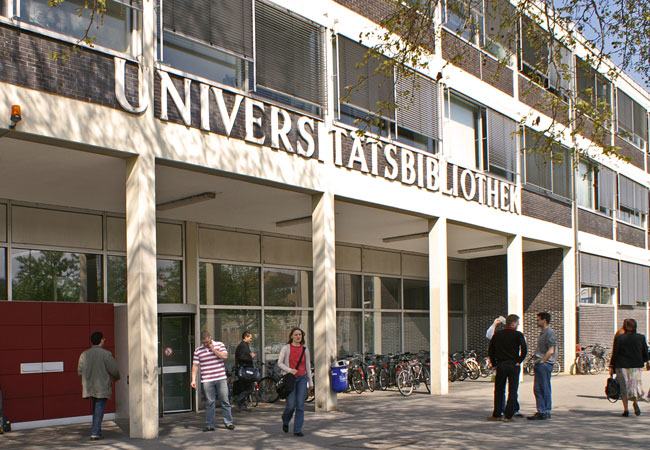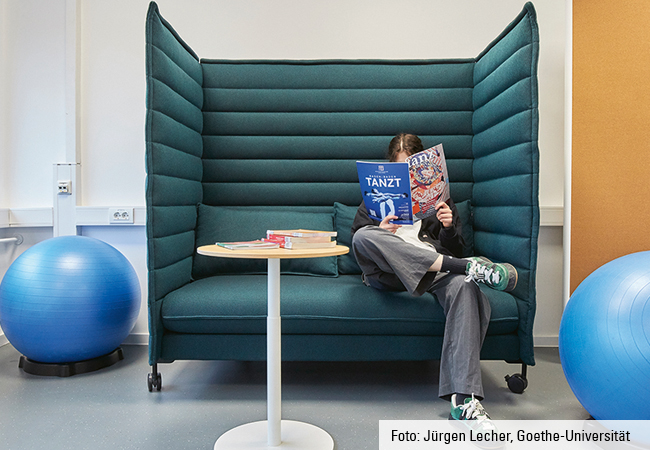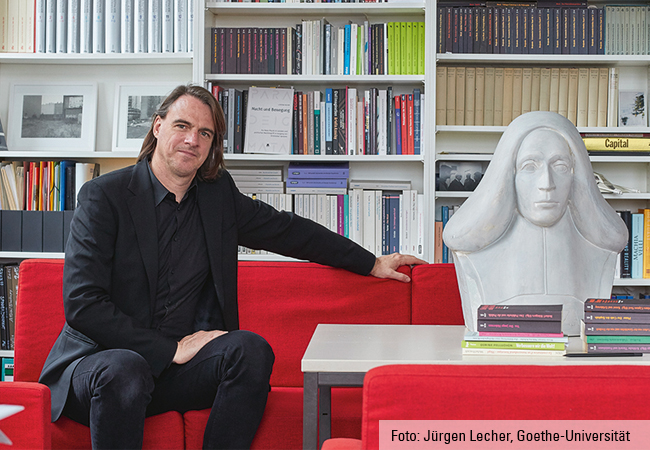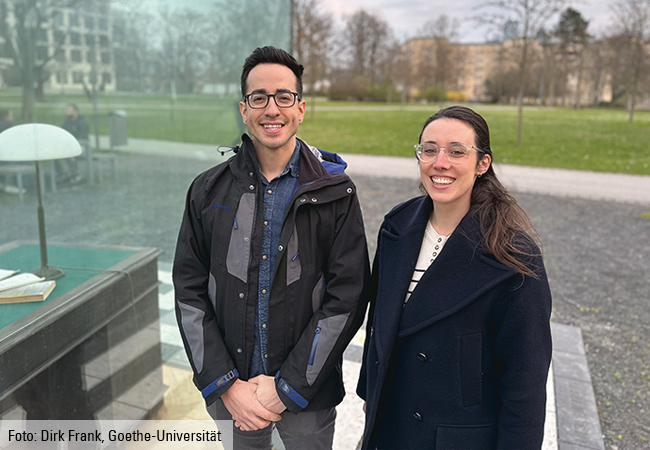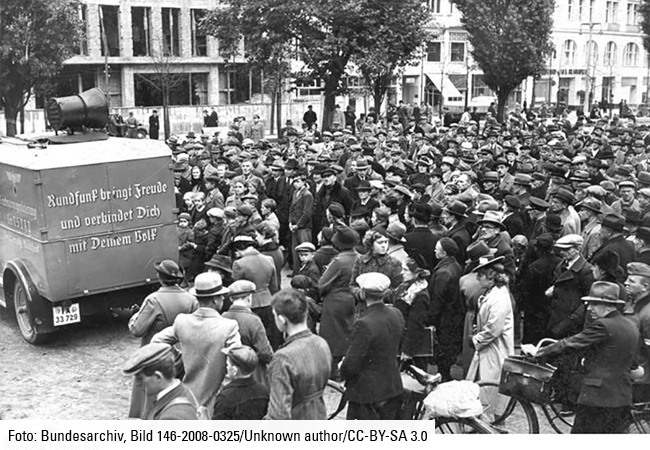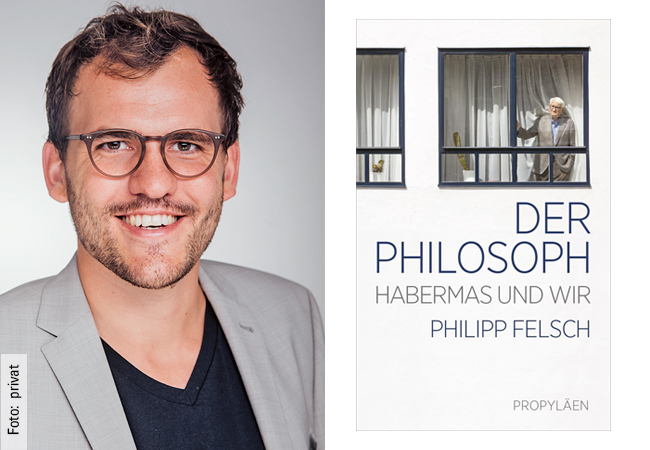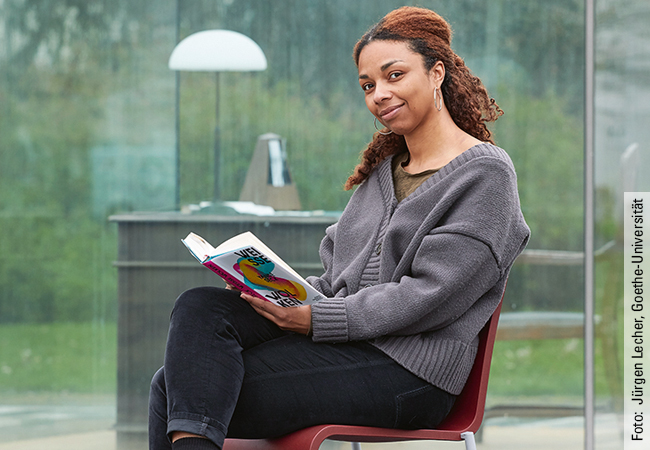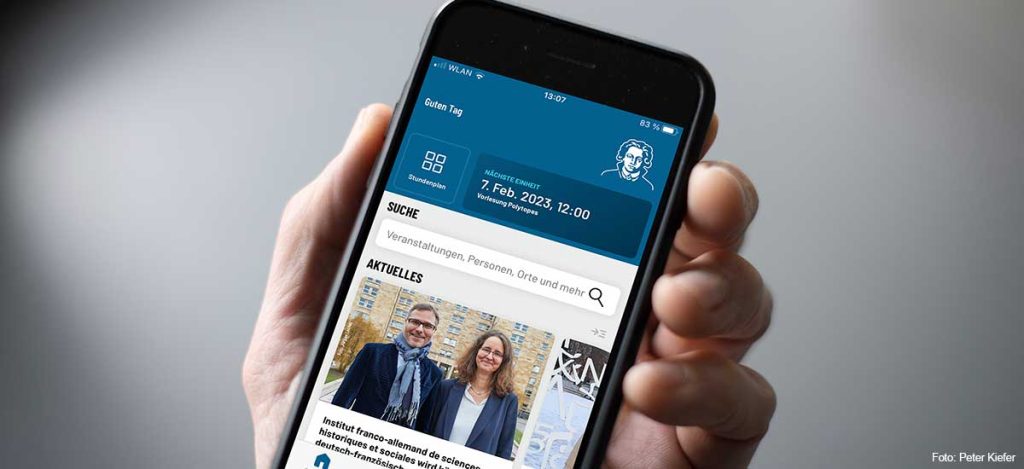
The Goethe Uni App 2.0 was made available for download on IOS and Android in January. Once installed, it makes organizing daily university activities both simpler and more convenient. Speaking to UniReport, Ulrich Schielein, Goethe University Vice President and CIO, explains why it’s a good idea to reserve storage space on your smartphone for the new app, and why a hackathon is not just for programmers.
UniReport: Mr. Schielein, why should I download the new Goethe Uni App? After all, I can easily access the mobile Goethe University homepage while on the go.
Ulrich Schielein: For one, it is more convenient to access website content using the App compared to using a cell phone browser. I can also configure the App so that the information I’m most interested in appears at the top. The App helps me keep an eye on the latest information about my studies without having to log in first. And more is yet to come: the plan is for the App to become a relevant tool for students, mapping their entire daily rhythm and helping them in their studies.
Goethe University already had an App. What’s different about this one?
In addition to a more modern look and feel, there are two important key features to this Version 2.0: One of them is the log-in to our campus management system. Once students have logged in with their University Computing Center [Hochschulrechenzentrum, HRZ] account, they can do things like create a timetable and view their grades. The second important new function is accessing a University Library account: Students can use the App to research the catalog, borrow media and check fees for overdue items.
Does this mean that several different systems had to learn to “talk” to one another?
Exactly. The App contains many interfaces – even a quick check of the cafeteria menus requires an interface to the system of the Studierendenwerk [student services] to access the latest information (updated every 10 minutes).
The App is aimed primarily at students. They are able not only to download the App, but also to join in its ongoing development. What are your plans?
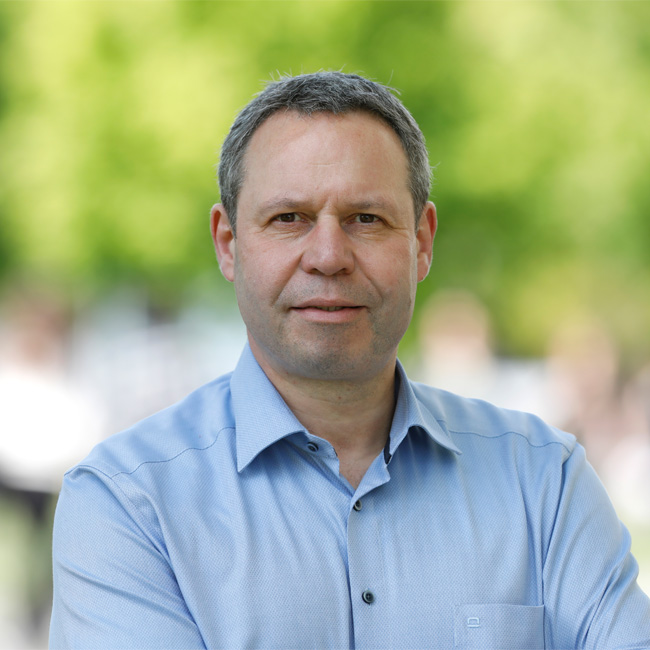
Photo: Uwe Dettmar
When we launched the new App, we also made available a platform (https://tinygu.de/ideen-guapp, in German) allowing users to give us their feedback and make suggestions for more app functions. We want to understand the students’ needs and the functionalities they consider most important. Based on this feedback, we want to continue developing the App in a targeted and user-oriented manner. Involving users at an early stage is a key success factor of agile development.
The next step will be a hackathon*, held in the summer semester, which will give interested students the chance to implement initial functionalities for themselves using a click dummy. This will not only allow us to test the functionalities. The hackathon will also be a great opportunity for students to develop their own digitization skills, offering a protected space where students from all disciplines – not just the STEM subjects – can try out something like this without having to feel embarrassed. We will provide the necessary rooms and tools, there will be presentations, and of course plenty to eat and drink – it promises to be a real event! We’re hoping to show that this type of app development is not rocket science, but can be done relatively simply and quickly.
What about Goethe University staff? Are you planning any special app functions for them, too?
The Goethe University App already is a practical alternative to the mobile website, precisely because I can quickly access university news, contacts and menus. When it comes to more extensive functions, for employees in particular, however, our focus lies on our planned web relaunch rather than an app. For one thing, we would like to develop the intranet, turning it from a mere information channel to a genuine platform for working and communicating. But that’s more complex and needs more time.
»I want to develop Germany’s best university app for students” beste Uni-App für Studierende entwickeln«
2.0 is generally followed by 3.0. What are your personal aspirations for the future Goethe Uni App 3.0?
True. My aim is to develop Germany’s best and most secure university app for students! Of course it would be great if we were to receive an award for our work. But what’s much more important is that every development stage should bring us closer to simplifying everyday student life, with the App serving as a central hub.
With that in mind, we also want to facilitate interaction among students, between students and their teachers, and between students and the administration. We want to use the App to create secure, GDPR-compliant communication channels supplying up-to-the-minute information about room changes, canceled lectures, and the like.
Another feature is the possibility of systematically adding further services. One of my personal wishes, for instance, would be for the App to provide assistance for the partially sighted, allowing them to find buildings and rooms more easily.
By contributing their ideas and joining the hackathon, students are able to get involved in a digitization project. Is this a blueprint for future projects?
Speaking for the App, I can already say that I would like to continue involving the students in the upcoming development phases, to take them out of the passive user role and eliminate potential anxiety about digitization. Doing so will allow them to acquire relevant digital knowledge in a fun manner – including insights into what stands behind an app like this, how it is developed, and how data is handled.
The important thing here is that for the App to continue improving and become more important in everyday university life, we need as many students as possible to download it and provide us with feedback. Of course, nothing is perfect, but when a bug is reported, we can proceed to quickly fix it. With a view to the next steps: The more students join in, the greater the benefit will be when we integrate a really good communication platform into the Goethe Uni App.
Imke Folkerts
DON’T ASK – DOWNLOAD: THE NEW GOETHE UNI APP 2.0
Students can use the new Goethe Uni App 2.0 to directly access lecture timetables, see their grades, make use of University Library functions, and much more. Other features include a people search, accessing cafeteria menus and receiving the latest University news.
Download and try it out now:
App Store
Google Play
“Better” is the new “good.” All App users are invited to submit feedback and ideas for future applications (logging in via their HRZ account): https://tinygu.de/ideen-guapp (in German)
Please note: Medical students can access the general App functions and the University Library services. Since the systems in the Faculty of Medicine have not yet been integrated, some functions (viewing grades and the medical studies’ timetable, the menus of the Niederrad Campus cafeteria) are currently not available.
Further information about the Goethe Uni App is available at http://app.uni-frankfurt.
*Hackathon: an event where people engage in rapid and collaborative engineering (Wikipedia)


